LONDON (Reuters) – British Prime Minister Theresa May is pressing on with her deal to leave the European Union, her spokesman said on Monday, rejecting calls for a second referendum or to test support for different Brexit options in parliament.
Britain’s Prime Minister Theresa May returns to Downing Steet in London, Britain, December 17, 2018. REUTERS/Toby Melville
After a tumultuous week in which she survived a confidence vote and sought last-minute changes to a Brexit agreement reached with Brussels last month, May faces deadlock over her deal in the British parliament.
With the EU offering little in the way of concessions to win over lawmakers, an increasing number of politicians are calling for a second referendum – something some of her ministers say could be avoided if the government tested Brexit scenarios in parliamentary votes.
Parliament is deeply divided, with factions pressing for different options for future ties, exiting without a deal or remaining in the EU.
May and her ministers have repeatedly ruled out a replay of the referendum, saying it would deepen rifts and betray voters who backed Brexit by 52 percent to 48 percent in 2016.
That increases the risk of Britain leaving without a deal on March 29, a scenario some businesses fear would be catastrophic for the world’s fifth largest economy.
The political and economic uncertainty over Brexit is having an impact, with data on Monday showing a drop in consumer spending, falling house prices and growing pessimism in household finances.
May will use a statement in parliament on Monday to reject the idea of a second referendum and to again set out that her agreement to keep close economic ties with the EU after Brexit is the only one on offer.
UNCERTAINTY
“Let us not break faith with the British people by trying to stage another referendum,” May will tell lawmakers, according to extracts of her statement released in advance.
“Another vote which would do irreparable damage to the integrity of our politics, because it would say to millions who trusted in democracy, that our democracy does not deliver. Another vote which would likely leave us no further forward than the last,” she will say.
Business Minister Greg Clark said a second vote would only increase uncertainty for the country.
Several members of May’s cabinet team, including Education Minister Damian Hinds, said at the weekend they were open to putting the range of options to parliament to gauge whether there was a majority for any of them.
May’s spokesman said: “In relation to an indicative vote, there are no plans to hold one.”
The opposition Labour Party, under pressure from smaller opposition parties to propose a motion of no confidence against the government, said on Sunday it would seek to force May to bring the deal back to parliament for a vote before Christmas.
May’s spokesman said on Monday parliament’s vote on the Brexit deal will be in January.
May used a visit to Brussels last week to call on EU leaders to offer assurances over the so-called Northern Irish “backstop” – an insurance policy to prevent the return of a hard border between the British province and EU-member Ireland that its critics fear will tie Britain to the bloc in the long term.
But while EU leaders said they were willing to help May, they warned the British prime minister she could not renegotiate the deal.
“What the prime minister is focussed on is securing the extra assurances which are required to get the deal through the House of Commons,” her spokesman said.
Reporting by Elizabeth Piper and Kylie MacLellan; Editing by Janet Lawrence

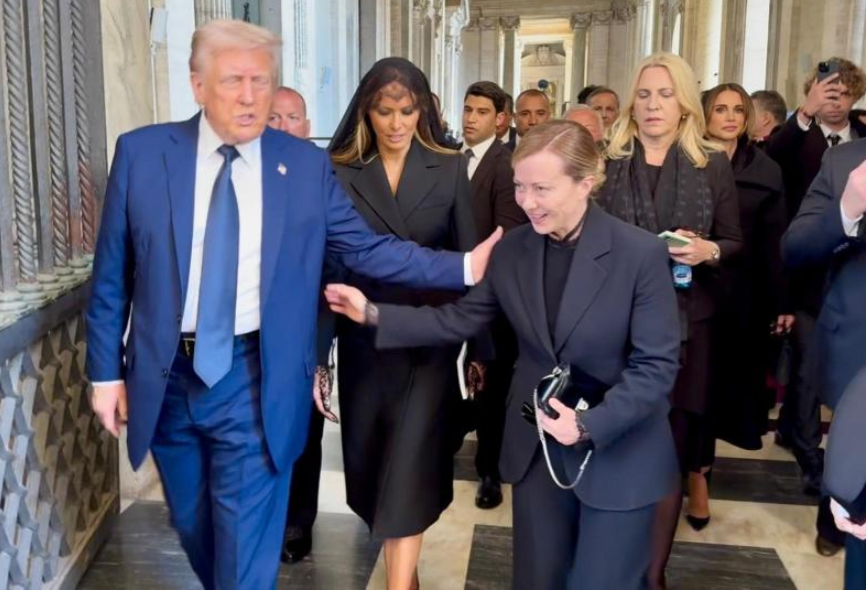
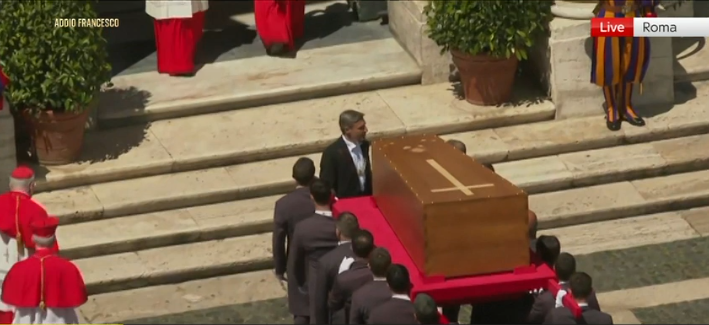
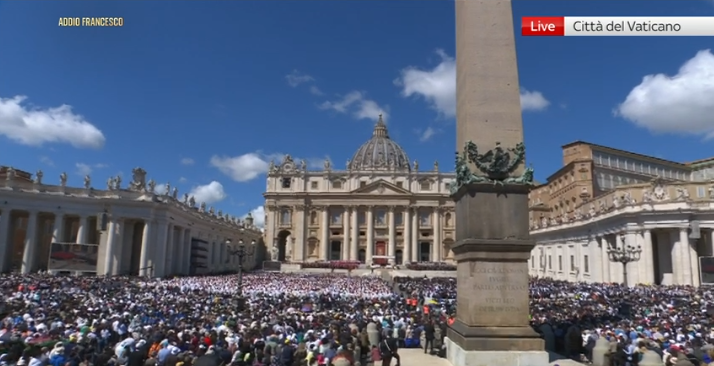
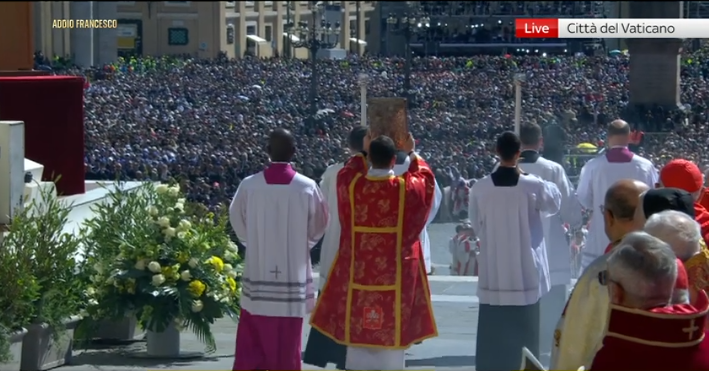
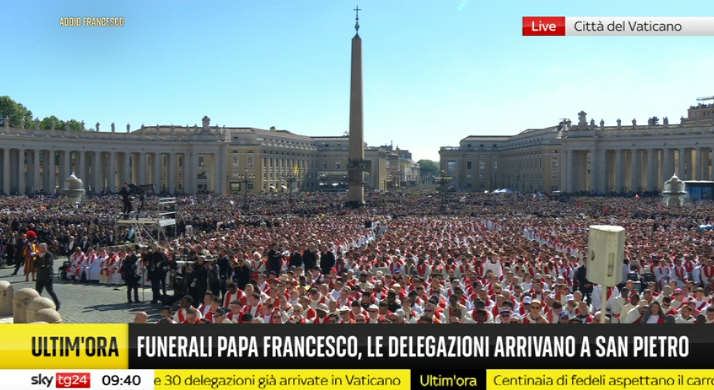
Leave a Reply